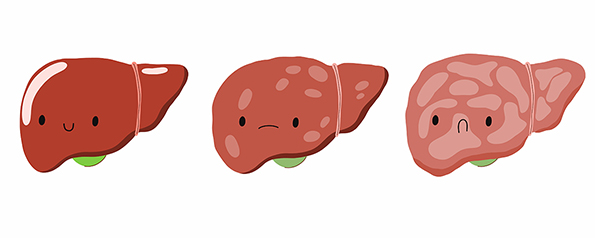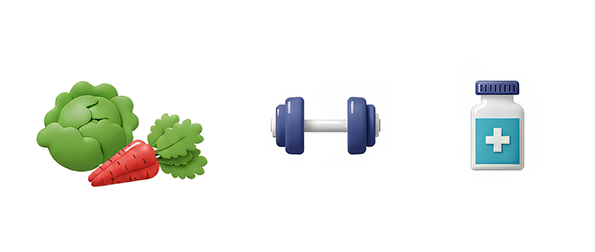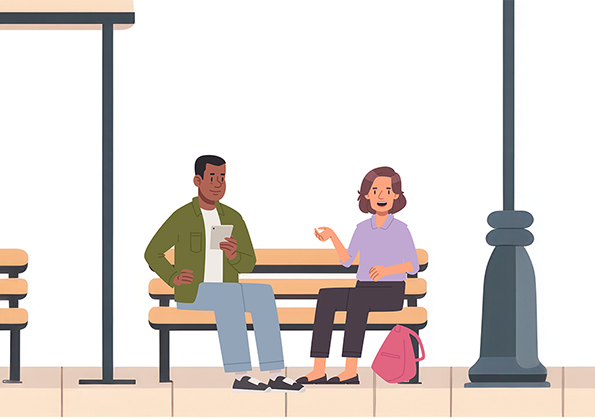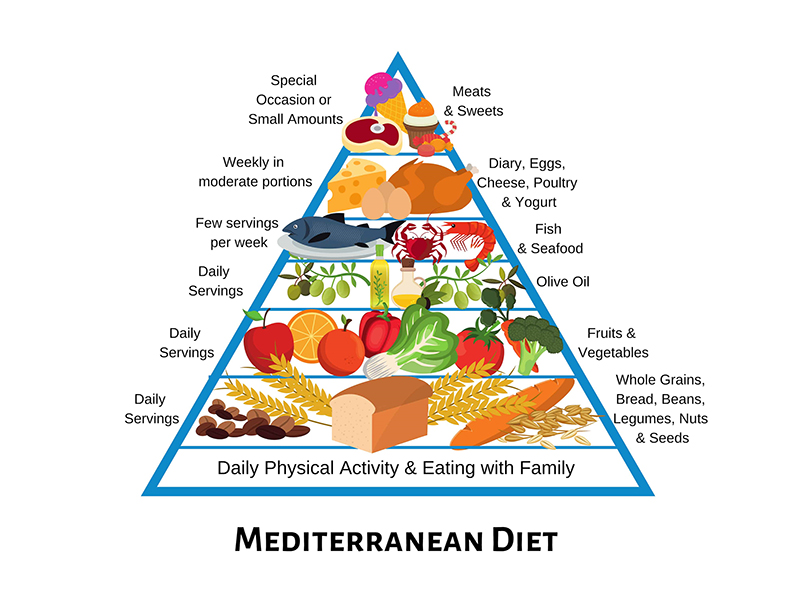Main navigation

Alex: Hey, Sam! Is that really you? It's been ages! How've you been?
Sam: Wow, Alex! It's great to see you. I’ve been... okay, actually. Well, not 100%. I was recently diagnosed with something called MASLD.
Alex: MASLD? Never heard of it. What is it?
Video: What is MASLD?
Video: How do we diagnose MASLD?

Sam: It's short for Metabolic Dysfunction-Associated Steatotic Liver Disease. Basically, it’s a liver condition caused by fat buildup in the liver. You get fat deposits when your body’s metabolism is out of whack—high blood sugar, obesity, high cholesterol, things like that.
Alex: Oh, that sounds serious. Is it really common?
Video: How Common is MASLD?
Video: How Common is MASLD?

Sam: Turns out, it’s more common than we think. Like, studies show that about 3 out of 10 people in the U.S. have it. And by 2040, it could be 6 out of 10! Crazy, right?
Alex: No way! So what happens if the fat keeps building up?
What are the consequences of fat deposition in the liver? Can it progress to cirrhosis?
Video: What are the consequences of fat deposition in the liver? Can it progress to cirrhosis?

Sam: Well, the fat causes inflammation in the liver. Think of it like scratching the same spot over and over. It keeps healing, but eventually, you end up with a scar. This process is called fibrosis, and it can progress all the way to cirrhosis, which is like a really scarred liver. The worst part is that with cirrhosis, you can get complications like fluid in your stomach or even confusion.
Alex: That’s really scary. Did your doctor say you’re at that stage?
Sam: Luckily, no. It’s still in the early stages, but I’ve been told to keep an eye on things. If it gets worse, I could end up needing more serious treatments.
Alex: I’m guessing you’ve been given advice on how to slow it down, right?

Sam: Yeah, the first thing is lifestyle changes—like diet and exercise. Apparently, losing about 10% of my body weight can make a huge difference, and that could even reverse some of the liver damage. But I’ve been struggling with weight for years, so it’s not easy.
Alex: I get that. Have you tried any medications or anything to help with that?
Sam: Funny you mention it—there are medications, like GLP-1 receptor analogs, which help control blood sugar and reduce hunger. There’s also a drug called Resmetirom, which specifically targets fat in the liver. But it all comes down to a healthy lifestyle.
Video: How do we treat MASLD?
Video: How do we treat MASLD?
coming soon
Video: GLP1ra: the good, the bad, the ugly
Video: GLP1ra: the good, the bad, the ugly
Alex: You mentioned weight loss earlier. How does obesity tie into MASLD?
What is Obesity? How does it relate to MASLD?
Video: What is Obesity? How does it relate to MASLD?

Sam: Obesity is one of the biggest risk factors. Basically, when you carry extra fat, especially around your waist, it creates inflammation, and that messes with things like insulin sensitivity. That’s a big contributor to MASLD.
Video: What is Diabetes Mellitus? How does it relate to MASLD?
Video: Type 1 Diabetes Mellitus and MASLD

Alex: So it's more than just looking good or feeling fit, huh? It’s about your overall health?
Sam: Exactly. It’s all about reducing the risk of other diseases too—like diabetes, heart disease, and even joint problems. Managing weight can help keep all of that under control.
Alex: What do they recommend for diet? Is it a specific kind of food to avoid?
Mediterranean Diet - Nutrition

Harvard plate and portion control

Sam: The Mediterranean diet is what they recommend. It’s full of vegetables, fruits, lean proteins like fish, and healthy fats like olive oil. Basically, it’s about eating whole, natural foods and cutting out processed stuff. Honestly, I think it's something I could stick with long-term.
Video: Good Sugar, Bad Sugar
coming soon
Video: What are ultraprocessed foods and how do they affect our health?
coming soon

Alex: Sounds doable. And I guess alcohol is out of the picture too?
Sam: Yeah, that’s one of the worst things for it. Even small amounts of alcohol can speed up liver damage, especially when you’ve got risk factors like obesity or diabetes. It’s a tough one, but I’m trying to cut back.
Video: Does alcohol intake worsen MASLD?
Alex: That makes sense. Is there anything else you can do to prevent it from getting worse?
Video: Can we prevent MASLD?

Sam: Honestly, staying active is key. I’ve been trying to walk more, do some resistance training, and just keep my body moving. Even just 30 minutes a day makes a difference.
Alex: Wow, you’ve been doing your research. It’s crazy how much goes into managing something like this. You’re making all the right changes though. I’m sure you’ll keep it under control.
Video: Why is exercise important?
Video: The difference between aerobic exercise and resistance training.

Sam: I hope so. It’s a long road, but I’m determined. How about you? How’s everything going on your end?
Alex: Oh, you know, life’s been busy. But hearing about your situation makes me think I should be more careful about my own health. I’ll start by cutting back on the sugary stuff. And I need to move more, for sure.
Sam: Exactly! We can both work on it together. Health's too important to ignore, and it’s never too late to start making changes.
Alex: Agreed. Let’s make a pact: no more soft drinks, and let’s get active again!
Sam: Deal!
Video: I don't like the taste of water. What can I do to reduce sodas?
Video: What is the maximum amount of sugar per day?
coming soon
Additional Information
What is Binge Eating Disorder?
What is Liver Transplant?
Weight Loss Options
Weight Management Clinic
